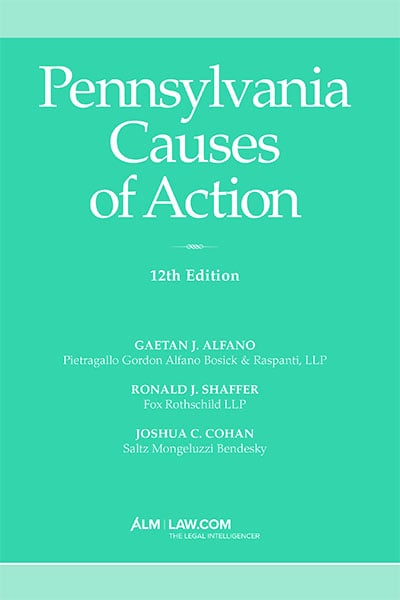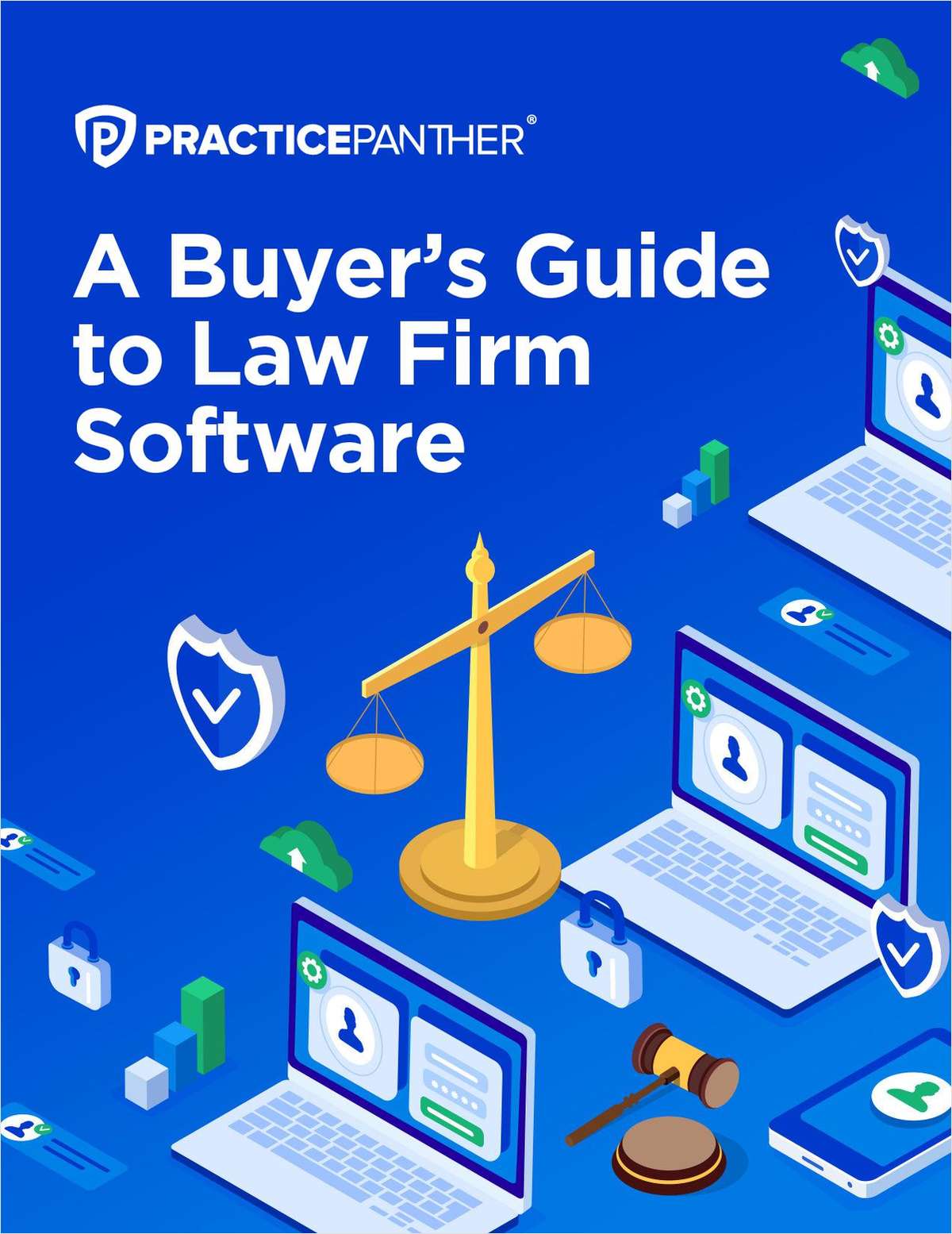0 results for 'undefined'

Use Forum Non Conveniens to Avoid Inconvenient Foreign-Plaintiff Litigation
More foreign nationals are coming to America, not as refugees, but as plaintiffs in complex litigation matters. These plaintiffs, often trying to circumvent less favorable foreign law, sue domestic U.S. corporations for alleged injuries caused abroad by international subsidiaries. Attorneys Stephen C. Matthews, Eric L. Probst and George Benaur discuss the forum non conveniens doctrine as a viable defense, and describe how the defense fared in recent cases involving Merck and Parmalat.
It's Never Too Early to Start Protecting Trade Secrets and IP
The best time for any company to formally define trade secret and intellectual property parameters is when an employee first walks through the door, not when they're headed for the exit.


View more book results for the query "*"


Wealthy qualifying for loans intended for low-income borrowers
Colorado's San Miguel County is known as a winter playground with world-class skiing and mountain vistas, a place where homes can sell for millions of dollars.
What's Behind the Chancery Court's New Rule 5.1
On January 1, Court of Chancery Rule 5.1 became effective, replacing the now-deleted Rule 5(g). The adoption of Rule 5.1 represents a fundamental change to most aspects of the handling of confidential filings in the Court of Chancery. As with any rule, the drafters attempted to craft the rule to account for almost all situations, cognizant of the fact that application of the rule likely would reveal unintended consequences that would need to be addressed in the future. Until the court has sufficient information to determine whether any amendments are necessary, an understanding of the purpose behind certain of the changes in the handling of confidential filings may help bridge any unintended gaps. While the factors listed below are by no means exhaustive, the key tenets behind Rule 5.1 should provide some guidance in uncertain situations.

Bank Mergers May Get a Smooth Ride
Bank mergers in the mid-1990s faced intense scrutiny from federal regulators. But bankers may find smooth sailing as they prepare to push a new round of megadeals.
Unfavorable Decision? Let Congress Help
The U.S. International Trade Commission is coming under fire from legislators who contend the agency is inordinately favoring foreign-owned companies over U.S. firms. The criticism reflects the growing attentiveness by members of Congress to issues important to high-tech companies that land before the ITC. It also reflects successful lobbying efforts on the part of technology companies.TRENDING STORIES
More from ALM
- Morgan & Morgan Class Action Attorneys Detail Pathway to Success Within Cybersecurity and Data Privacy Practice 1 minute read
- Holwell Shuster & Goldberg Partners Leverage 'Hostile' Witnesses to Secure $101 Million Verdict Against Walmart 1 minute read
- Legal Speak at General Counsel Conference Midwest 2024: Mike Andolina, Partner, White & Case 1 minute read
Resources

State AI Legislation Is on the Move in 2024
Brought to you by LexisNexis®
Download Now

2024 ESI Risk Management & Litigation Readiness Report
Brought to you by Pagefreezer
Download Now

Creating a Culture of Compliance
Brought to you by Ironclad
Download Now

A Buyer's Guide to Law Firm Software
Brought to you by PracticePanther
Download Now



